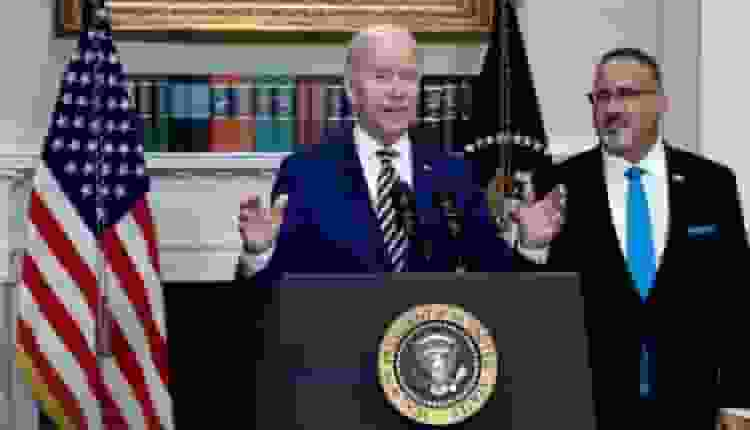
Although the majority of federal student loans have been suspended since March 2020, the future of President Joe Biden’s student loan forgiveness program is still up in the air while borrowers await the Supreme Court’s decision, which is anticipated by the end of June.
The Education Department will restart the application process and begin processing the 26 million applications it has already received if the Supreme Court rules that Biden’s loan forgiveness plan is just and legitimate.
Biden’s Student Loan Forgiveness Plan’s Future
Biden’s comprehensive student loan forgiveness scheme will be virtually nullified if the high court rules in favor of the GOP-led cases.
The anticipated verdict is the first of six significant dates that individuals following the debt forgiveness process should put on their calendars.
Before it adjourns for the summer in July, the Supreme Court will have to rule on roughly 20 cases from the current term, according to Forbes.
Because June 22 is the last day for this term’s final opinion release, many are anticipating a declaration this Thursday addressing the legitimacy of Biden’s loan forgiveness scheme and the veracity of the objections raised against it.
You will also be responsible for paying the accrued interest, also known as interest capitalization, which was added to your loan total during the payment suspension.
According to attorney and student loan expert Adam S. Minsky, accrued interest for income-driven repayment (IDR) programs might occasionally be greater than a borrower’s monthly payment.
Read more: Minneapolis Residents To Receive $500 Stimulus Check Today
New Education Department Regulations Provide Loan and Discharge Benefits

On July 1, regulations from the Education Department (ED) will go into effect, providing relief under many federal loan and discharge programs and halting further capitalization events under the following scenarios:
When a borrower initiates repayment for the first time, after coming out of forbearance, and after abandoning any income-driven repayment plan other than Income-Based Repayment, according to ED.
The IDR Account Adjustment was established by the Department of Education last year in order to address long-standing record-keeping and mismanagement issues with the federal student loan programs.
As part of the revisions, at least 40,000 borrowers will have their debt forgiven, and more than 3.6 million borrowers will receive at least three extra years of credit toward IDR cancellation.
According to the account adjustment, even if the borrower wasn’t enrolled in an IDR plan at the time, time that accrued after July 1, 1994, will now be considered IDR-qualifying months.
Read more: Elon Musk Mocks Biden’s Billionaire Tax Plan And Its Potential Donor Displeasure

